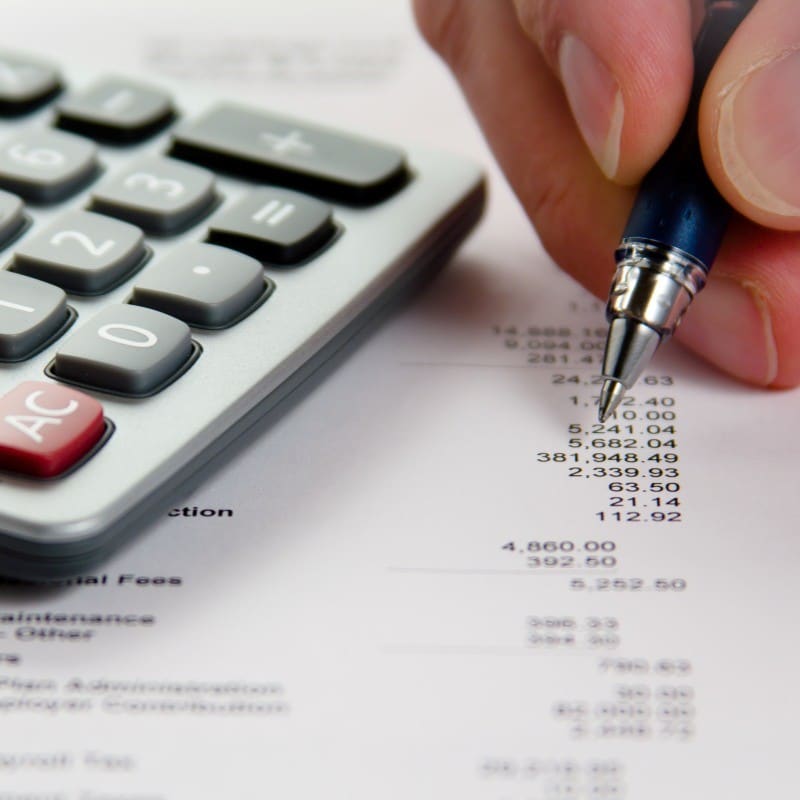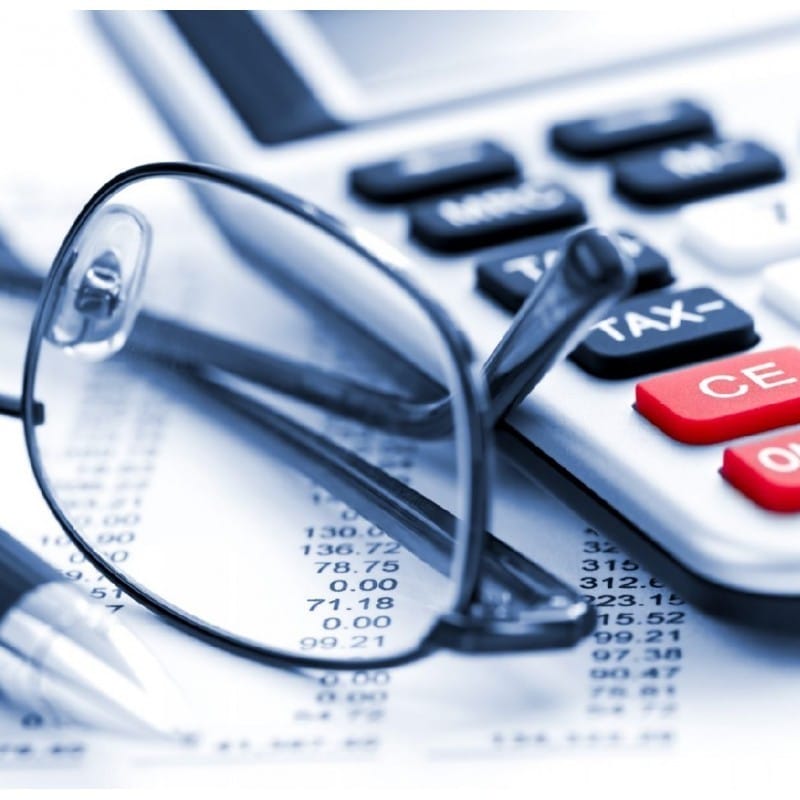
Economics – Short Course
Every day we are inundated with economic information, whether we are watching the news, reading the newspaper or listening to the radio. But what does it all mean and how does it impact your business or your personal life? This is the knowledge that this short course wants to convey to you to help you through the economic maze! We all know that when the price of for instance meat decrease, we as consumers are likely to buy more meat, because we can afford more of it. So that means that when the price of meat declines, demand for meat will increase. There is however another side to the story, and that is the side of the supplier. Let’s say that you are a farmer that farms with cows and all of a sudden all of your cows give birth to triplets. That should increase the supply of your cows (meat) and that increase will lead to a decrease in the price of meat. On the other hand, what if there is plague and half of your cows died? Then there would be a lack of meat in the market and the price of meat will increase because it is a scarce resource.
Demand and supply is one of the foundations of economics as a subject. Almost everything in economics revolves around it. The explanation above in terms of meat shows the demand and supply of one product in terms of the consumer and the supplier. This is the micro economy and focusses on the behaviour of the individual consumer and businesses.
Micro economics is in direct contrast to macroeconomics that focusses on the total economic activity of a country (for instance South Africa) or economic entity (for instance the Euro Zone). An example of this would be interest rates and how it affects a country such as South Africa. Again, refer back to the backbone of economics – demand and supply. If the Reserve Bank decides to increase interest rates, it will affect investors differently. For most of us who has debt, this is bad news, because our monthly interest repayments will increase. But for those individuals with no debt and interest-linked investments (for instance pensioners), this is good news, because they will receive a higher income each month.
The interest rate increase also has other consequences. One is that because the majority of people have debt and their debt repayments increase, they will have less disposable income available every month for spending on other products. That would mean that economic activity will decrease, because people will have to tighten their belts and spend less. Less spending will mean that businesses might have less demand for their products, which will push the prices of their products down as well. The businesses will start making less profit, because of the lower prices and lower demand and it could happen that they would have to let some people go, because they cannot afford to pay them a salary anymore. This leads to increased unemployment that will further hamper economic activity. This cycle of consequences just shows how sensitive the economy is to any changes and that is what you will get to know in this course.
Written by: Dr Liezel Alsemgeest




